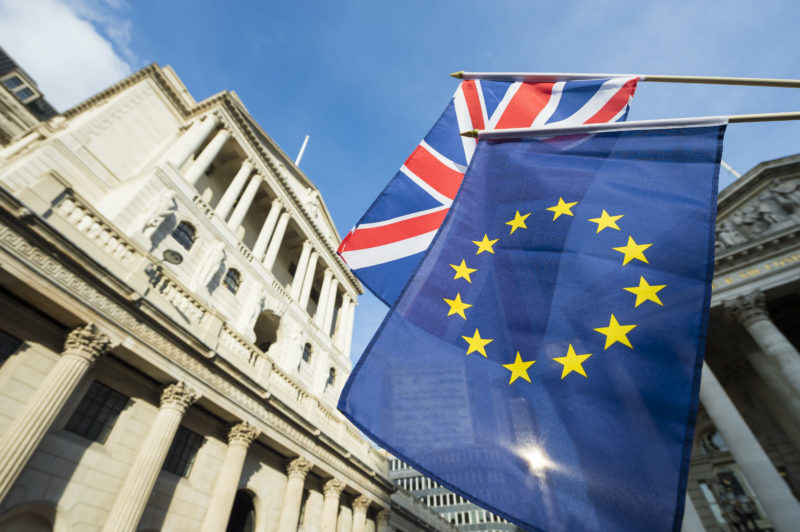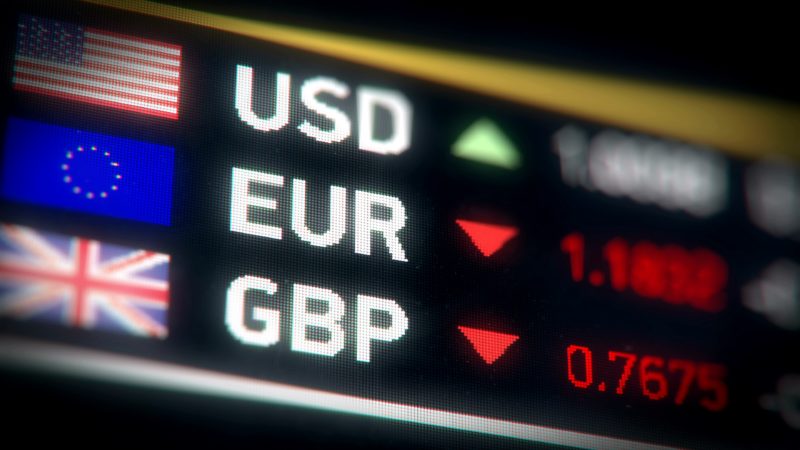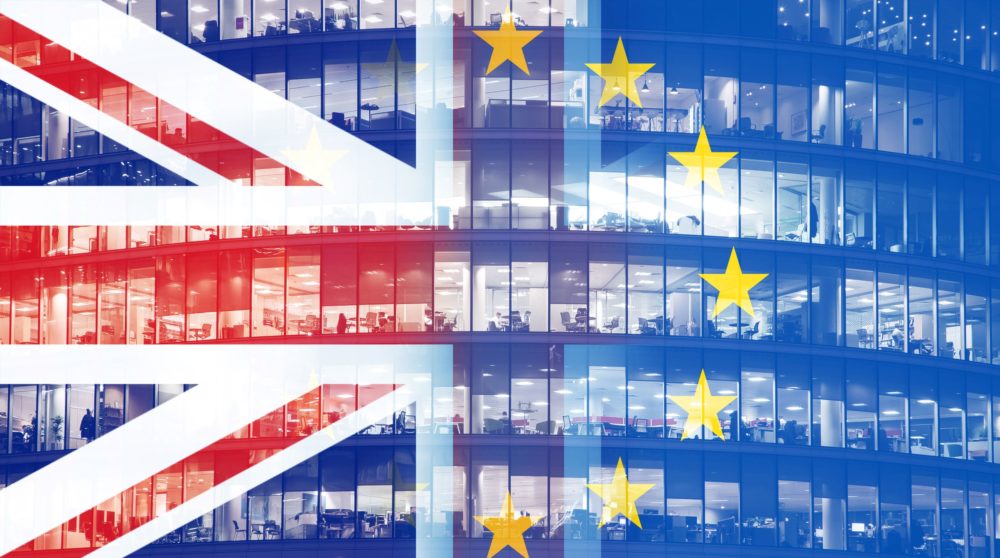With the UK now less than three full months away from Brexit day, it’s clear that there’s plenty still left on the table. Prime Minister Theresa May h
With the UK now less than three full months away from Brexit day, it’s clear that there’s plenty still left on the table. Prime Minister Theresa May has been seeking agreement on her proposed Brexit deal, but it’s unlikely that it will be approved by parliament in its present form. And with lots of other potential torpedoes such as a backbench rebellion or a possible increase in appetite for a People’s Vote all on the horizon, the final outcome is far from certain.
There are lots of eventualities which could occur. One scenario, the “no deal” option, would involve Britain crashing out of the EU without any sort of withdrawal agreement in place. Other possibilities could include an implementation of the deal currently being negotiated, while a new deal altogether – potentially negotiated by a new prime minister – may even occur. But no matter what the outcome, it will pay off for British businesses to be prepared for any sort of Brexit outcome. This article will explore what financial issues Britain’s firms might face regardless of what the eventual Brexit deal looks like.

Import and export
Perhaps the most pressing financial issue for many British businesses in relation to Brexit is import and export. Supply chains for lots of UK firms have a European element somewhere: in some cases, a crucial component or ingredient might come from an EU nation, for example, while in other cases the whole product is shipped from Europe to be sold by a British firm.
There has been talk in the news of the possibility of queues for goods at British border checkpoints when Brexit occurs – and even if a deal is reached, it’s possible that this will be non-comprehensive or last-minute and hence cause queues. Firms that need a certain item may have to buy more expensive alternatives from other locations in order to keep operating while the Brexit uncertainty is navigated.
Currency problems
The currency market is another major financial area in which Brexit could cause problems. International money transfer is always a volatile game: variations exist all the time, and a currency like a pound can be strong one day and then significantly drop in value the next. But so far, there’s been strong evidence to suggest that Brexit could lead to even more havoc.
Often, the reason for this has been uncertainty. If a leader or government is at increased risk of being toppled, say, uncertainty has the power to persuade forex traders to invest elsewhere. When former British foreign secretary Boris Johnson resigned from the Cabinet over disagreements to do with the Brexit negotiations, for example, the value of the British pound went down almost 1%. Political events, then, are often seen as having the power to alter a currency’s market rate. General elections can also affect values significantly, and if Theresa May’s government is toppled then businesses may find that the value of their pound-based revenues or reserves plummets.

Bureaucracy and regulation
At the moment, all British businesses are bound by certain European Union rules and regulations. What happens in the aftermath of Brexit is currently unclear: these regulations could be extended temporarily while a deal is thrashed out, or they could be adopted into British law wholesale. In any case, it’s advisable for businesses to assume that they will have to continue to abide by them until told otherwise: anything else is, in essence, only guesswork. Assuming that expenditure will fall, and revenues will rise because a particular European regulation will go out of the window is a risky approach that could backfire.
Some businesses, however, may not realise that the regulations they have to follow are from the EU. These rules and regulations are plentiful, and they affect almost every area and sector of an industry. Take food labelling: under EU rules, foodstuff labels have to be printed according to rules like a minimum font and with allergen information clearly displayed. This affects all sorts of British businesses in the food supply chain, and if this regulatory burden is reduced after Brexit then it could well lead to some saved cash thanks to less red tape. But as is the case with the whole Brexit debate, businesses will simply need to wait and see.
As yet, Brexit is still an unknown quantity. It’s not certain exactly how the process will play out – or what the financial consequences might be for Britain’s private sector. But it’s wise to prepare for all possible eventualities: from changes in regulation to issues around currency transactions, covering all possible Brexit bases is certainly a good idea.



















































































































COMMENTS